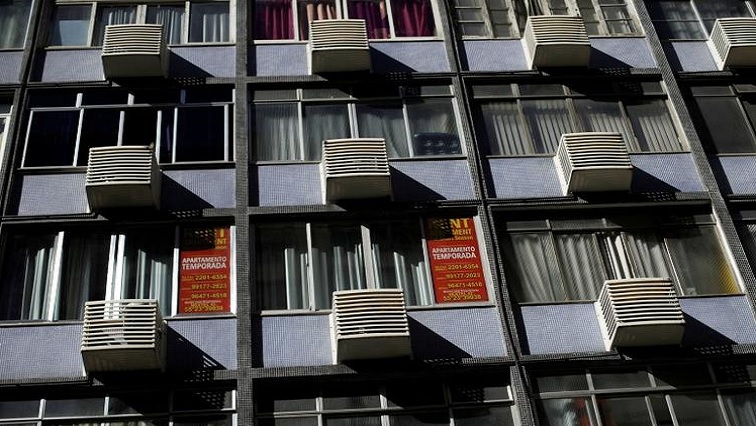Landlords have been warned that it’s illegal to switch off the electricity and water of tenants because of unpaid rent.
The Rental Housing Tribunal says it’s dealing with hundreds of cases where landlords are using cutting off services to pressurise tenants into paying. The rental housing market is under pressure after thousands of people lost their jobs due to the COVID-19 pandemic.
The Gauteng Rental Housing Tribunal offices have been inundated with requests for intervention from tenants and landlords. Hundreds of the cases they’re dealing with involve landlords who switch-off services when tenants do not meet their rental obligations.
Keletso Makeng works at the offices, “Issues of utility services … either the landlord will switch off your electricity; there will be an obstruction on the supply of water; it’s either you haven’t paid your rentals. So, out of the 319 cases, it’s mostly non-refunded deposits, non-payment of rentals and utility services.”
A Facebook group called #NOEVICTIONS has also highlighted this practice by landlords and managing agents.
Group founder, Nanandi Albers, has dealt with dozens of such cases. One is of a family of four, including a seven-month pregnant mother, whose electricity has been switched off for three months. The five-year-old child has also slipped and hurt herself in the dark.
Albers says her biggest problem is the attitude of the police towards such cases.
“SAPS are very uninformed, two things keep happening. They either say it’s a civil matter, it has nothing to do with them, which is untrue. The rental arrears is a civil matter, but the disconnection of water and electricity or illegal eviction or any attempt to create a constructive illegal eviction … so, if I cut your water and electricity, I am attempting to force you out of the property, which becomes a constructive illegal eviction. So, it’s still an offence.”
The police’s Vish Naidoo insists it’s a civil matter and not a policing issue. While tenants are facing these problems landlords are also seeking help. They are still required to pay their bonds and the debt from defaulting tenants is escalating.
Landlord, Dees Harilal says after giving his tenant grace for three months, they had to agree to part ways amicably after six months of non-payment and R68 000 in unpaid rent.
“We had mutually agreed on him vacating the place that the debt doesn’t escalate out of proportions that none of us can manage, and we were working together with him on a payment plan, but recovering the debt and outstanding payments for small businesses is always critical because cash flow is a serious problem when SMMEs are not paid on time.”
On Tuesday, lawyers for Black People met with a company that has locked out 980 families from their building due to non-payment of services. They’ve also cut off the services. The organisation’s Zuko Madikane says landlords are aware that this is illegal, but they’re still doing it anyway to drive tenants out.






